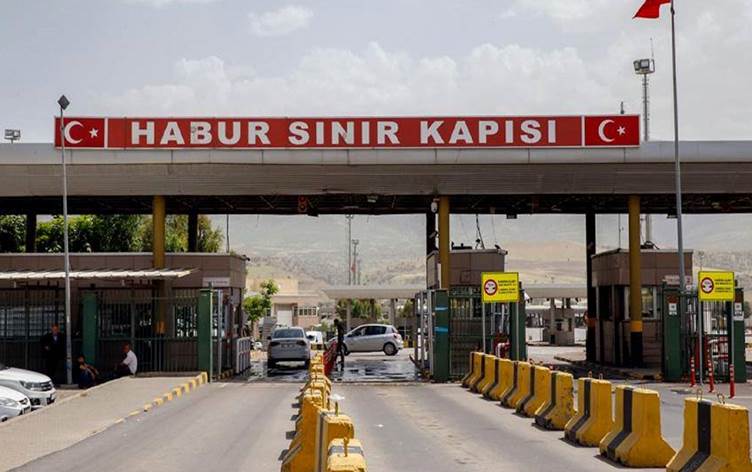ERBIL, Kurdistan Region - Erbil on Sunday hosted the seventh Turkey-Iraq investment and trade summit, attending by dozens of Turkish companies, aimed at boosting trade between the countries and turning Iraq into Ankara’s second largest export destination.
Kurdistan Regional Government’s (KRG) Trade and Industry Minister, Kamal Muslim Saeed, attended the summit, as well as representatives of the Turkish International Association of Industrialists and Businessmen (USIAD), alongside several other governmental figures.
“Over half of the foreign investors registered in Kurdistan Regions are Turkish,” said Sarwar Kamal, KRG’s Deputy Trade Minister, in a speech stating that the current KRG cabinet aims at improving foreign investment in the region.
Kamal said that there are currently over 3,400 registered foreign firms in the Kurdistan Region, 1,494 of which are Turkish firms, adding that Turkish exports to Iraq are worth $20 billion.
Nevaf Kilic, USIAD’s chairman of the board of directors, stated that the increasing volume of Turkish exports makes Iraq Turkey’s second-largest trade partner, trailing only behind Germany.
Trade between Iraq and Turkey has increased significantly over the past three decades according to the Massachusetts Institute of Technology (MIT) affiliated Observatory of Economic Complexity (OEC). According to their data, Turkish exports to Iraq in 2021 were $11.1 billion, a huge leap compared to only $119 million in 1995.
The summit is set to continue for three days in Erbil and Kirkuk, until May 23.
Turkey and the Kurdistan Region share three border crossings, also connecting Ankara to Iraq. However, trade only occurs at the Ibrahim Khalil border crossing.
On May 10, the Zet Border crossing was inaugurated by both Kurdistan Region and Turkish authorities, connecting KRG’s Erbil province with Turkey’s Hakkari (Colemerg in Kurdish) province. The border is currently used only for tourist purposes.
The trade summit comes after Turkey halted Kurdistan region’s oil exports through Ceyhan Port after a Paris-based arbitration court in March ruled against Ankara for breaching a 1973 pipeline agreement with Iraq, obliging the Turkish government to abide by instructions issued by Baghdad regarding the transport of crude oil exported from Iraq.
The halt in oil exports has jeopardized the production of around 450,000 barrels of oil per day as IOCs are storing produce. The suspension of oil exports to the port of Ceyhan also contributed to a 5.7 percent rise in global oil prices.
On May 11, Iraq’s Oil Minister Hayyan Abdul Ghani said in a statement that Baghdad has asked Ankara to allow the resumption of oil exports through Ceyhan Port starting from May 13. Turkey is yet to respond to the request.









Comments
Rudaw moderates all comments submitted on our website. We welcome comments which are relevant to the article and encourage further discussion about the issues that matter to you. We also welcome constructive criticism about Rudaw.
To be approved for publication, however, your comments must meet our community guidelines.
We will not tolerate the following: profanity, threats, personal attacks, vulgarity, abuse (such as sexism, racism, homophobia or xenophobia), or commercial or personal promotion.
Comments that do not meet our guidelines will be rejected. Comments are not edited – they are either approved or rejected.
Post a comment